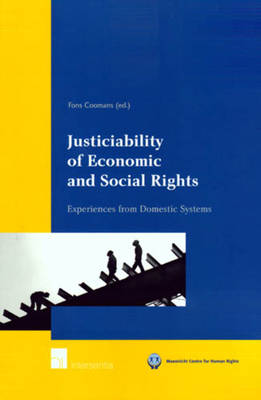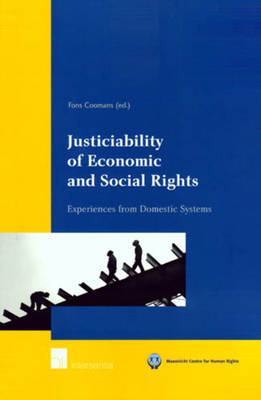
- Retrait gratuit dans votre magasin Club
- 7.000.000 titres dans notre catalogue
- Payer en toute sécurité
- Toujours un magasin près de chez vous
- Retrait gratuit dans votre magasin Club
- 7.000.0000 titres dans notre catalogue
- Payer en toute sécurité
- Toujours un magasin près de chez vous
Description
International human rights law and many domestic legal systems provide for the protection of economic and social rights, such as the right to health, housing, food and labour-related rights.
Spécifications
Parties prenantes
- Auteur(s) :
- Editeur:
Contenu
- Nombre de pages :
- 452
- Langue:
- Anglais
- Collection :
Caractéristiques
- EAN:
- 9789050955829
- Date de parution :
- 25-07-06
- Format:
- Livre broché
- Poids :
- 755 g

Les avis
Nous publions uniquement les avis qui respectent les conditions requises. Consultez nos conditions pour les avis.






